This article is an on-site version of our FirstFT newsletter. Subscribers can sign up to our Asia, Europe/Africa or Americas edition to receive the newsletter every weekday. Explore all of our newsletters here
In today’s newsletter:
-
Billionaires fight over satellite internet in India
-
Hong Kong slashes its liquor tax
-
Switzerland’s wealth managers bank on a future in Asia
Good morning. We start with the latest on the race to launch satellite internet service in India.
Elon Musk appears to have won a contest with Indian telecom tycoons Mukesh Ambani and Sunil Bharti Mittal over the way satellite spectrum should be awarded.
Ambani, Asia’s richest man and chair of oil-to-digital services conglomerate Reliance Industries, along with Mittal’s Bharti Airtel, have been trying to persuade India’s government to auction satellite spectrum, in line with the usual competitive method in the mobile market they dominate, rather than just allocate it.
Musk, chief executive of SpaceX and owner of the Starlink satellite broadband service, has voiced his opposition to the auction method in posts to his social media site X.
And on Tuesday, Indian communications minister Jyotiraditya Scindia said there were no plans afoot to auction space spectrum. “Much appreciated!” Musk posted on X in response.
One industry expert described the tussle as an “ego battle”. They said: “It’s more about ensuring that the telecom industry remains in control of the local players rather than foreigners coming in and dictating their agenda.” Read the full story.
Here’s what else I’m keeping tabs on today:
-
Economic data: Japan, Singapore and Hong Kong report trade statistics.
-
Monetary policy: The European Central Bank is overwhelmingly expected to cut interest rates by 0.25 percentage points, to 3.25 per cent.
-
TSMC: Taiwan Semiconductor Manufacturing Company, the world’s largest chipmaker, reports quarterly earnings.
Five more top stories
1. Hong Kong has slashed its liquor tax as the Chinese territory seeks to boost nightlife and revive its struggling economy. Until now, spirits with alcoholic content of more than 30 per cent, including brandy, whisky and gin, had been subject to a 100 per cent duty in Hong Kong. Here’s the new duty rate for spirits announced in chief executive John Lee’s annual address.
2. Woodside Energy, Australia’s largest oil and gas developer, will delist its shares from the London Stock Exchange next month. The company said yesterday that the cost of maintaining the secondary listing was no longer justified, in the latest blow to the UK market’s status as a natural resources hub.
3. An Israeli air strike killed the mayor of a southern Lebanese city and at least 15 other people after it struck municipal buildings in Nabatiyeh, the health ministry said. The attack raised fears that Israel is widening its campaign against Hizbollah’s Shia militants to include government offices and civilian officials.
4. Elon Musk has given nearly $75mn to help Donald Trump’s bid to win back the White House. The Tesla and X owner made several multimillion-dollar donations during the third quarter to his political action committee, according to a federal filing released yesterday, giving the group a huge budget to support Trump’s re-election bid.
-
More on the US election: Kamala Harris is stepping up her media appearances with direct appeals to Black voters as she struggles to take on Donald Trump with just three weeks to go in the White House race.
5. Luxury shares tumbled yesterday after industry bellwether LVMH reported a bigger than expected fall in quarterly sales as a result of weak consumer demand in China. The group’s chief financial officer Jean-Jacques Guiony told analysts that consumer confidence in mainland China had reached Covid-era lows.
FT Wealth

For three centuries, Switzerland’s stability and geopolitical neutrality — combined with its strict adherence to banking discretion — supported a thriving and world-leading wealth management industry. But in recent years, those foundations have begun to crack, while Hong and Singapore have emerged as competing hubs for offshore wealth. Now, some European wealth managers are relocating to Asia as they seek to capitalise on the growth in the region.
We’re also reading . . .
-
Chinese economy: Investors are counting on a large and well-targeted fiscal stimulus, writes the FT editorial board. A market rally that peters out would do more harm than good.
-
Shameless: The brazenness of US politicians in the face of scandals is a defining feature of the era. Ed Luce asks: has America lost its shame?
-
Cheapflation: Prices of inexpensive goods have risen faster than more expensive varieties. Governments and businesses are now trying to figure out who is to blame, writes Brooke Masters.
Chart of the day
The biggest US investment banks generated $36bn in revenues from deals and trading in the last quarter, as volatile markets and corporate debt issuance fuelled a rebound on Wall Street.
Take a break from the news
In his new column, Jonathan Guthrie shares four investment mistakes you really don’t want to repeat.

Additional contributions from Gordon Smith and Irwin Cruz





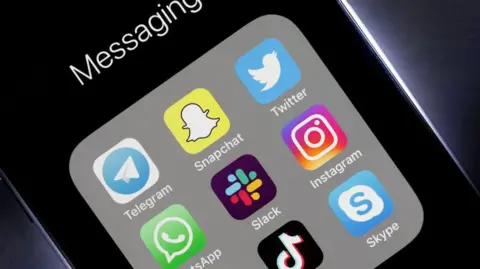



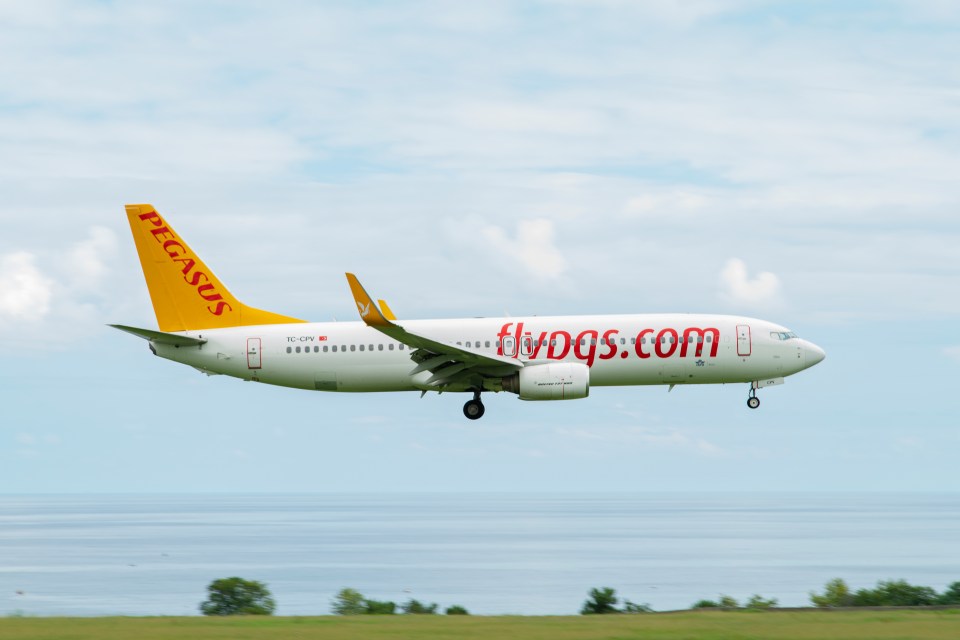
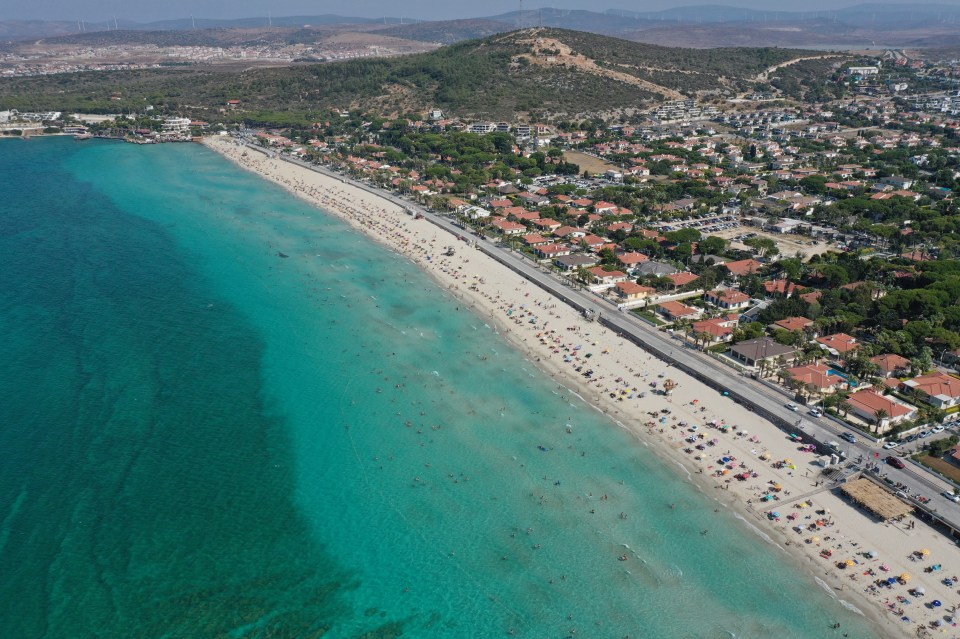
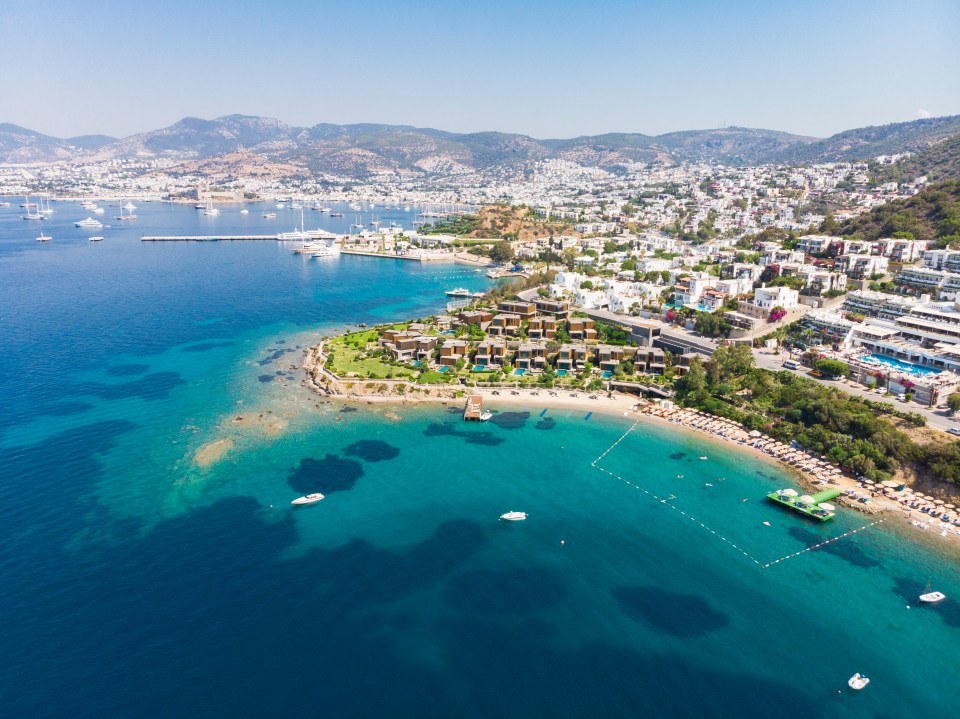


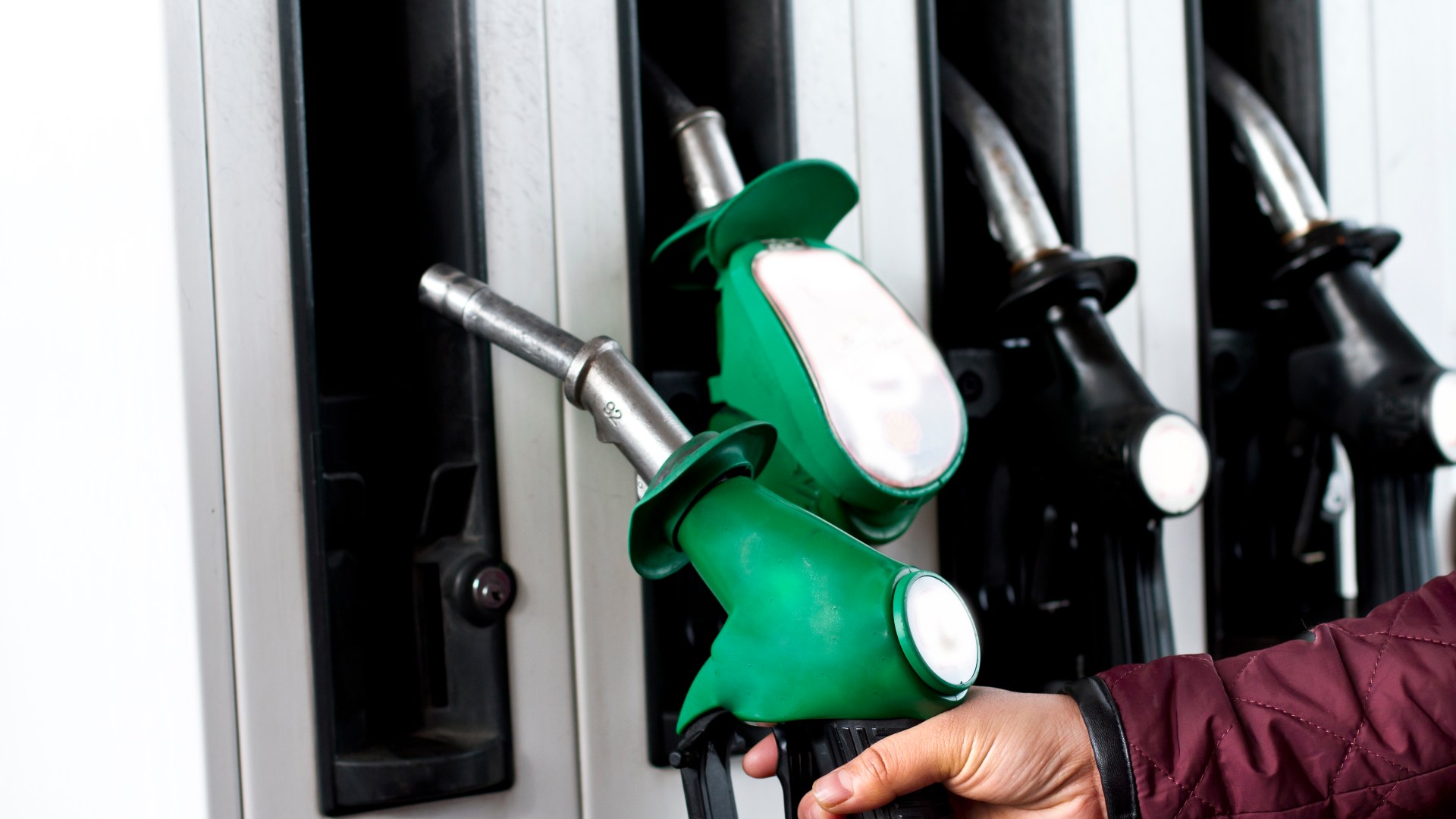



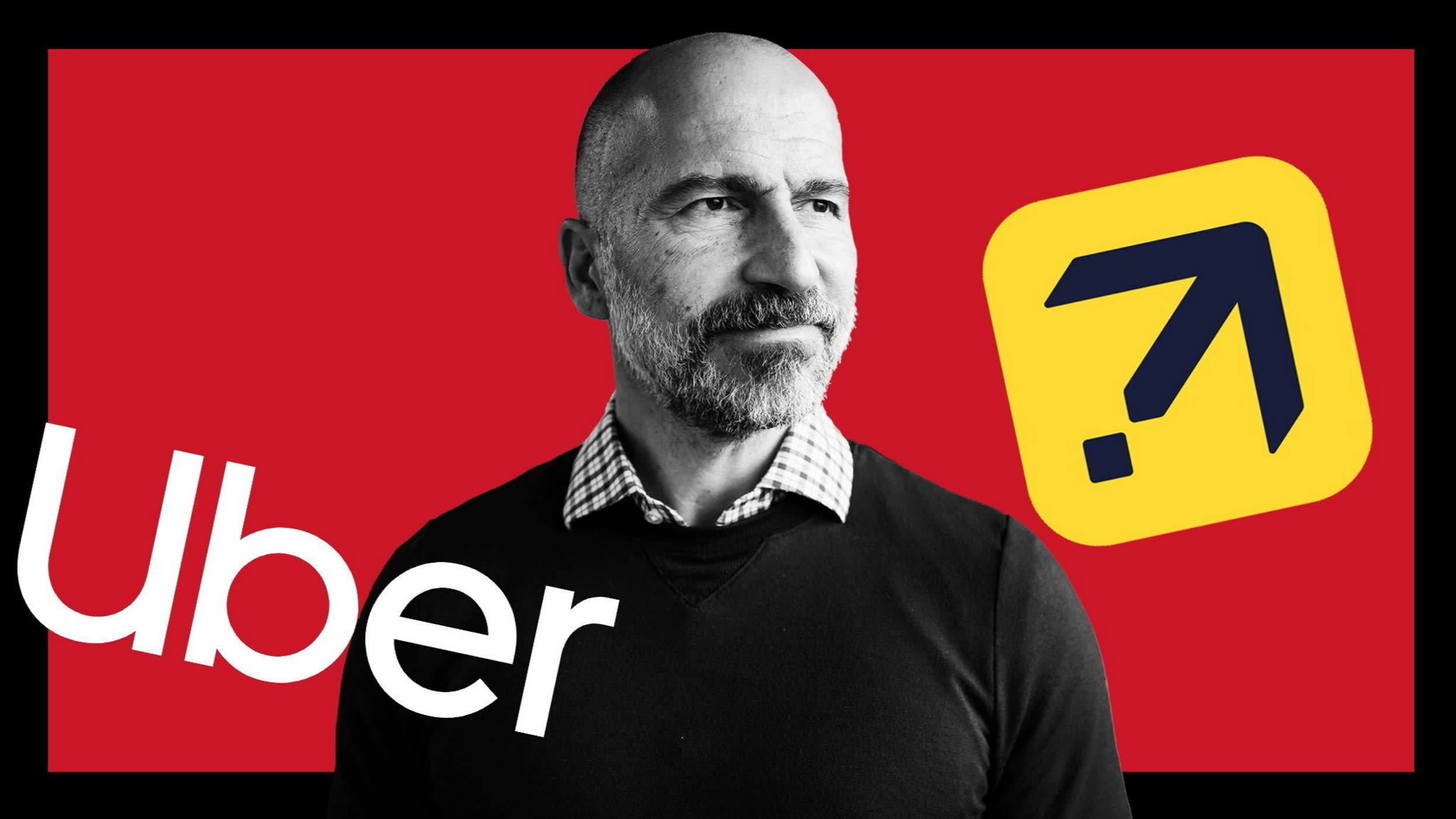































































































































You must be logged in to post a comment Login